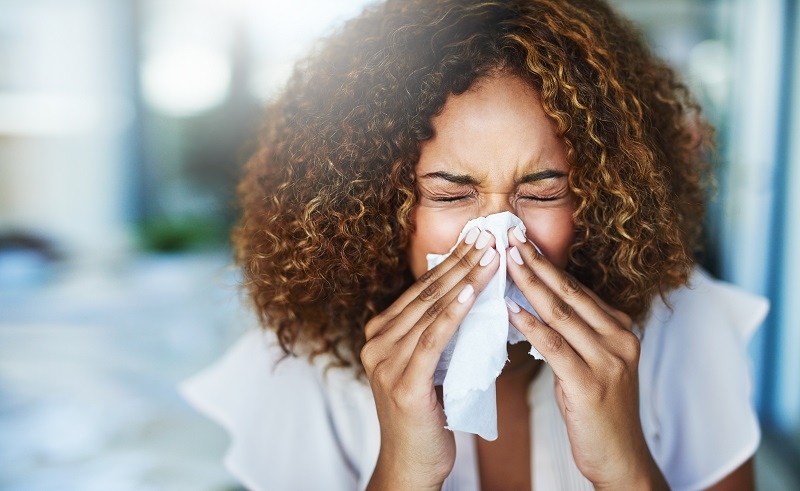Preparing for the first day of spring

Spring is here!
Most of us are looking forward to warmer weather, but for a lot of people, seasonal allergies associated with spring can create discomfort and make it difficult to enjoy the outdoors.
If you or your loved one suffers from spring time allergies, consider these simple techniques for keeping them under control.
Reduce your exposure to allergy triggers
In order to reduce your exposure to allergens that trigger signs and symptoms, you or your loved one may find it helpful to:
- Stay indoors on dry, windy days—the best time to go outside is after a good rain, which helps clear pollen from the air
- Have someone else take over lawn mowing, weed pulling and other gardening chores that stir up allergens
- Avoid hanging laundry outside—pollen can stick to fabrics, sheets and towels
- Wear a dust mask if you are going to be doing outside chores
Be extra cautious when pollen counts are high
Given that pollen is the leading cause of spring-related allergies, you or your loved one should follow these steps to avoid overexposure to pollen:
- Check your local TV, radio station, or the Internet for pollen forecasts and current pollen levels
- If high pollen counts are forecasted, begin taking allergy medications before you start noticing symptoms
- Keep your doors and windows closed whenever possible in order to keep allergens out. An air purifier may also help.
- Avoid outdoor activity in the early morning when pollen counts are highest
- Vacuum frequently. Wear a mask, because pollen that is trapped in your carpet can be released into the air as a result of vacuuming.
Understand over-the-counter allergy medication to find the right one for you
Even though you or your loved one can purchase allergy medications without a prescription, it is a good idea to talk to a doctor first to ensure the right choice of medication. Over-the-counter allergy drugs are effective for many people and include the following:
- Antihistamines— lower the amount of histamine (substance produced during an allergic reaction) in the body
- Decongestants—clear mucus out of the nasal passageways to relieve congestion and swelling
- Nasal spray decongestants—relieve congestion and may clear clogged nasal passages faster than oral decongestants
- Eye drops—relieve itchy, watery eyes
What if over-the-counter remedies are not enough?
If you or your loved one feel that over-the-counter medications are not relieving allergy symptoms, speak with a doctor who may recommend a prescription medication, allergy shots, or under-the-tongue immunotherapy tablets/drops.
Don’t let bothersome allergy symptoms ruin the enjoyment of Spring. Be prepared and know how to manage and reduce seasonal allergies.